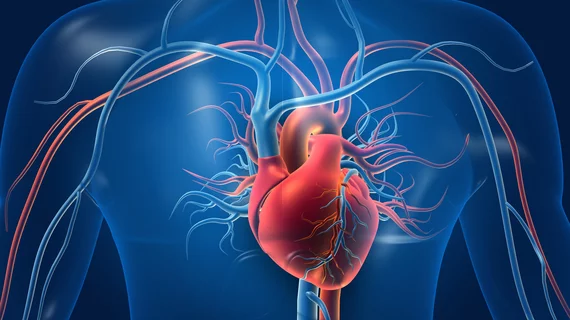Confirmed: Long COVID more than doubles a person’s risk of heart issues
A new analysis of nearly six million patients confirms what cardiologists have been seeing for years: Patients who experience long-lasting symptoms after a COVID-19 diagnosis, commonly known as long COVID, face a much higher risk of cardiovascular complications.
The new systematic review and meta-analysis, which included data from 11 major studies, will be presented at the American College of Cardiology’s upcoming annual meeting, ACC.23 Together with the World Congress of Cardiology in New Orleans.
Overall, researchers found that patients with long COVID were more than twice as likely to experience cardiac complications such as chest pain and shortness of breath than patients who never had COVID-19.
“COVID-19 is more than a simple respiratory disease—it is a syndrome that can affect the heart,” lead author Joanna Lee, a medical student at David Tvildiani Medical University in Georgia, said in a prepared statement previewing the study. “Clinicians should be aware that cardiac complications can exist and investigate further if a patient complains of these symptoms, even a long time after contracting COVID-19. For patients, if you had COVID-19 and you continue to have difficulty breathing or any kind of new heart problems, you should go to the doctor and get it checked out.”
For the sake of this study, long COVID was defined as any patient still experiencing COVID-19 symptoms two months after infection. There is no universal definition of the term, which has been used more and more as specialists continue to track the long-term impact of this volatile virus.
Lee et al. will present their full findings Monday, March 6, at ACC.23/WCC. More details about the conference, including a full program and details about in-person and virtual registration, are available here.
On a related note, a recent study shared by the American Academy of Neurology found that even mild cases of long COVID can lead to functional and structural changes in the brain. Click here to learn more.

